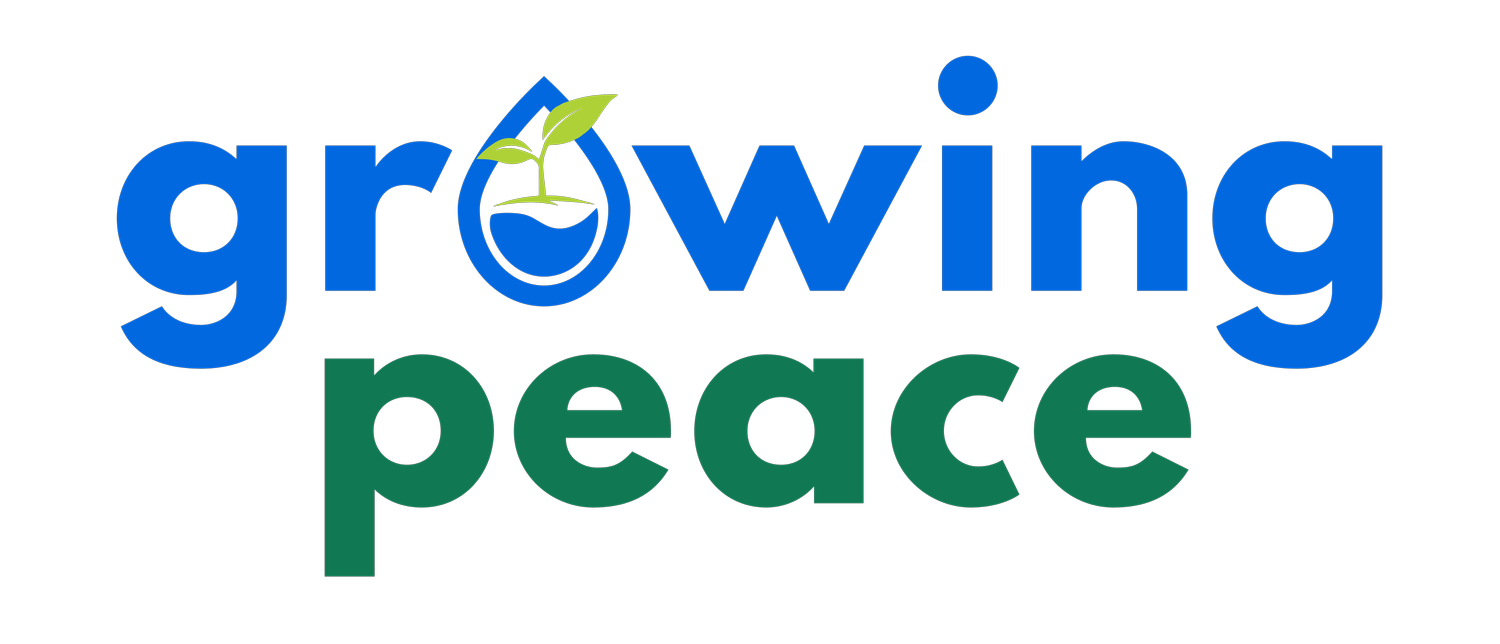Growing Peace In the Middle East
Steven Hoffen’s award-winning documentary has earned wins and nominations in over 70 film festivals globally. Watch the full film to learn more about the inspiration for the namesake non-profit Growing Peace.
Q&A with the Director, Steven Hoffen
Q: How did you get interested in Sindyanna?
A: On a trip to Israel in 2019, my brother and I spent a day at Sindyanna and got to know the amazing people and the organization. There is something about it that made me want to go back there. Their organization empowers Jewish and Arab women to work together which is very meaningful to me. When the pandemic hit in 2020, I couldn’t go visit them, but I was able to learn about their newest project, the hydroponics project.
Q: What did the process of making it involve?
A: In the summer of 2020, I contacted Sindyanna and asked if they’d give me permission to interview people involved with the hydroponics project. When Hadas said yes, I scheduled the interviews and spent several weeks writing interview questions and doing my own research about hydroponics. Then I interviewed seven people via Zoom. The next step was to transcribe the interviews--this took many hours!--and draft a script for the film. Once I finished the script, I recorded and edited the video with the help of my teachers, and according to the suggestions of Sindyanna. The whole project took almost an entire year!
Q: Why did you want to make this film? Why do you think, in particular? Which of the goals of the hydroponics project do you care most about and why?
A: Especially during this time of violence in Israel, I think it’s important for people to see an example of how Jews and Arabs can connect and create peace. Sindyanna’s hydroponics project brings Jews and Arabs together, especially women, to solve real-world problems that affect everyone. The hydroponics project, in particular, tackles the challenge of ensuring that Arab women aren’t left behind in the economy. Because of automation and factories moving abroad, many Arab women have lost their jobs and struggled to get hired for other positions. The hydroponics project creates opportunities for Arab women to make food for their families and to have control over their own income by selling extra food for profit. Hydroponics also avoids the environmentally damaging aspects of conventional food production and solves the problem of land scarcity, which is especially extreme in Arab neighborhoods in Israel.




